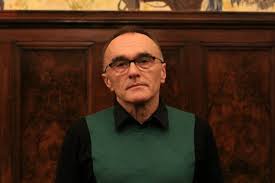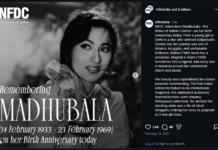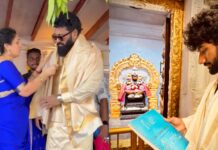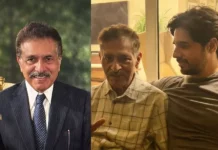 NEW DELHI: Danny Boyle says he first thought about asking Jack White to compose the music for “Slumdog Millionaire” but on the recommendation of a crew film member met A R Rahman and the rest is history.
NEW DELHI: Danny Boyle says he first thought about asking Jack White to compose the music for “Slumdog Millionaire” but on the recommendation of a crew film member met A R Rahman and the rest is history.
The ace filmmaker also says he “couldn’t see or hear how we could use” the hit song ‘Jai ho’ in the movie.
“I first thought about asking Jack White to write the music for ‘Slumdog Millionaire’, but I was already in India preparing the film and a member of the crew kept saying, ‘You really must meet Mr A.R. Rahman – he truly is the Mozart of Madras, and he will change your life,” says Boyle, who won the Oscar for best director for the film in 2009.
After that “titanic recommendation”, Boyle met “this gentle, unassuming man and my life did indeed change”.
According to the British filmmaker, Rahman brought all the driving sensibility of a brilliant rock, pop and blues guitarist, with the tenderness and originality of great love songs from Bollywood and India beyond, “like a calm hub around which Western and Eastern musical sensibilities revolved”.
Recalling their work together, he says, “I remember one session where he and M.I.A. jammed, throwing each other samples across the carpet of his tiny studio in Tufnell Park, London. She had followed his work since childhood, yet he treated her as an absolute equal. It would never occur to him to do anything else. Their song ‘O…Saya’ grew out of these sessions.”
He also says he “couldn’t hear” the Oscar-winning track, ‘Jai ho’ at first.
“I liked it, but couldn’t see or hear how we could use it in the film. Seems strange to admit it now, but he showed me how to end our film, how to harness the spirit of his homeland and, in doing so, like the man said, changed my life,” he writes in the foreword to a new book on Rahman.
Billed by publishers Penguin Random House India as an authorized biography of Rahman, “Notes of a Dream” is penned by Krishna Trilok.
The book featured intimate interviews with the virtuoso, as well as insights and anecdotes from key people in his life.
Boyle also mentions that like many of his fellow musicians, Rahman works late.
“I would be there – sometimes very late indeed – as artists who had been appearing in the West End production of ‘The Lion King’ arrived, following their evening show, to sing through the night for him. They loved him and I could see why. His talent is matched by his appetite, his modesty and his generosity. All surrendered to the troubadour mentality; we are at the service of the music,” he writes. PTI






